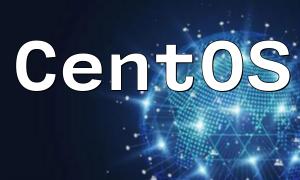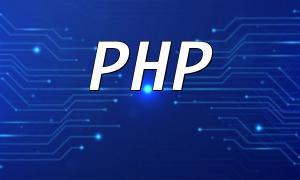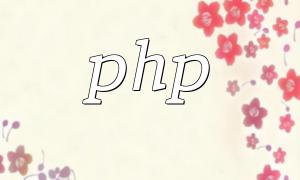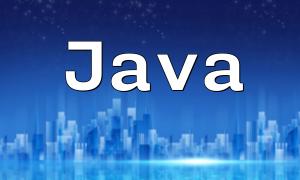In today’s digital world, the choice of programming language plays a crucial role in the success of software development. Java and PHP are two widely used programming languages, each with its own unique advantages. This article will compare these two languages to help developers better understand their features and use cases.
Java is an object-oriented programming language that is well-known for its cross-platform capabilities, enabling it to run on a variety of devices. PHP, on the other hand, is an open-source scripting language primarily used for web development, enabling dynamic webpage content generation.
Java’s key features include:
PHP has the following advantages:
Java is widely used in enterprise-level applications, mobile applications (especially Android development), and cloud computing. Its high performance and security make it a preferred choice in industries such as finance and telecommunications.
PHP is best suited for developing dynamic websites and web services. Many popular content management systems (such as WordPress and Drupal) are built using PHP. PHP is also well-suited for rapid prototyping and quick development.
Java generally offers better performance than PHP, especially when handling complex computations or larger datasets. Java’s compiled nature gives it a significant edge in runtime efficiency.
While PHP may not perform as well as Java, its quick development cycle and rapid deployment make it very popular for smaller applications and websites, especially when time and cost are major considerations.
In conclusion, the choice between Java and PHP should be based on the specific needs of the project. If you are building a high-performance, scalable enterprise-level application, Java is likely the better choice. However, if the goal is to quickly develop a dynamic website, PHP may be more appropriate. When making your choice, it is also important to consider your team’s experience, the complexity of the project, and long-term development needs.








